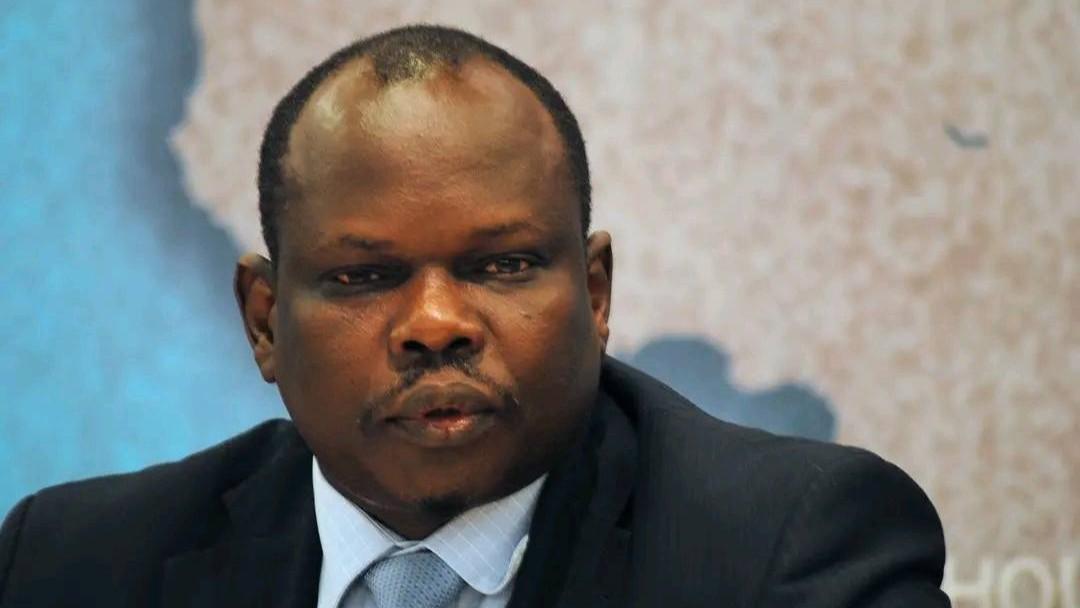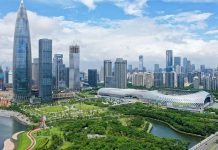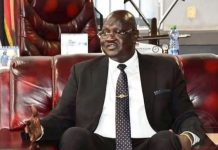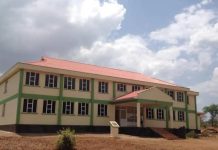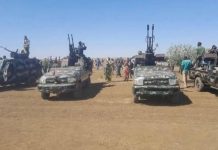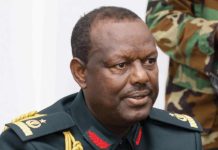Africa-Press – South-Sudan. The United People’s Alliance (UPA) Chairman, Pagan Amum Akech, has appointed two of South Sudan’s most prominent military figures—Gen. Paul Malong Awan and Gen. Stephen Rolnyang—to head key clusters in the alliance’s leadership structure, in a move seen as strengthening the group’s internal organization and political influence.
According to an appointment order issued on November 19, 2025, Pagan unveiled six new cluster chairpersons drawn from the UPA Leadership Council.
He said the appointments were made in accordance with Articles 1 and 2 of the UPA structure, aimed at reinforcing the alliance’s operational and governance frameworks.
Under the new leadership arrangement, Gen. Malong has been appointed Chairperson of the Administration Cluster, placing him at the centre of the alliance’s bureaucratic and institutional management.
Gen. Rolnyang, on the other hand, has been elevated to lead the Military Cluster and will simultaneously serve as the Chief of General Staff of the UPA Unified Forces—one of the most powerful positions within the coalition.
The appointments mark a significant consolidation of military influence within UPA’s top hierarchy, with both Malong and Rolnyang expected to play central roles in shaping the alliance’s strategy and expansion.
Other key positions were also filled, including Gen. Mario Loku Thomas, who now heads the Economic Cluster, and Dr. Matur Gorjok Gak, appointed Chairperson of the Political Mobilisation Cluster. Gen. Henry Oyai Nyago was designated to lead the Service Cluster.
In a notable political shift, Gen. Nhial Deng Nhial—one of South Sudan’s most seasoned politicians and a recent high-profile defector from the government—has been appointed Chairperson of the External and Diplomatic Cluster.
His inclusion is widely viewed as a diplomatic boost for the alliance, given his extensive experience in government negotiations, peace processes, and regional diplomacy.
The United People’s Alliance is a political–military coalition formed by senior opposition figures, including former SPLM Secretary-General Pagan Amum.
The movement emerged out of frustrations over stalled reforms, governance challenges, and the collapse of previous peace efforts. It brands itself as a force for democratic transformation and a new political order in South Sudan.
Over time, UPA has attracted several influential defectors, but Nhial’s entry stands out as one of the most consequential. His defection followed simmering disagreements within the government and concerns over the country’s governance trajectory.
Observers say the latest appointments—particularly the elevation of Malong and Rolnyang—signal an effort by Pagan Amum to tighten internal cohesion while enhancing the alliance’s political and military leverage ahead of future political developments.
For More News And Analysis About South-Sudan Follow Africa-Press

